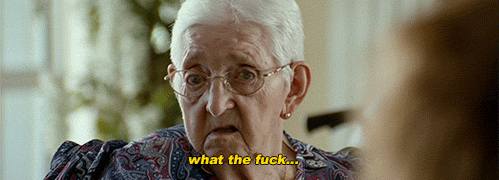fbloke said:
Chippy_boy said:
It's taken me a while to reply to this as I have been away from my computer with the relevant files. However, the above is incorrect.
The Adidas deal is £75m per year and may be increased if they win the PL, FA Cup or CL. They do not have to win any of these to get a steady £75m per year.
If they fail to get into the CL for 2 consecutive seasons, beginning with the 2015/16 season, then the £75m can be reduced. So they would have to not qualify now until 2017/18 in order to receive anything less than £75m/year. This is pretty bloody unlikely, unfortunately.
Wow, well I dont think i'm alone in having read numbers that said the exact opposite somewhere. I guess we can only hope LVG carries on in the same manner as Moyes did.
FYI I got the info from their October 30th 2013 prospectus pending the offering of 12,000,000 new shares. You can be 100% certain it's correct or they would have class action lawsuits all over the place.
The exact text is this:
"We have reached a 10-year agreement with adidas with respect to our global technical sponsorship and dual-branded licensing rights, beginning with the 2015/16 season. The minimum guarantee payable by adidas is equal to £750 million over the 10-year term of the agreement or an average of £75 million per year, though actual cash payments per year will vary, subject to certain adjustments including those described below.
Payments due in a particular year may increase if our first team wins the Premier League, FA Cup or Champions League, or decrease if our first team fails to participate in the Champions League for two or more consecutive seasons starting with the 2015/16 season, with the maximum possible increase being £4 million per year and the maximum possible reduction being 30% of the applicable payment for that year."
So, sadly I think their demise is not something that's going to happen in the forseeable. LVG will just keep spending until they start winning things again.


